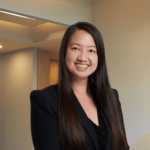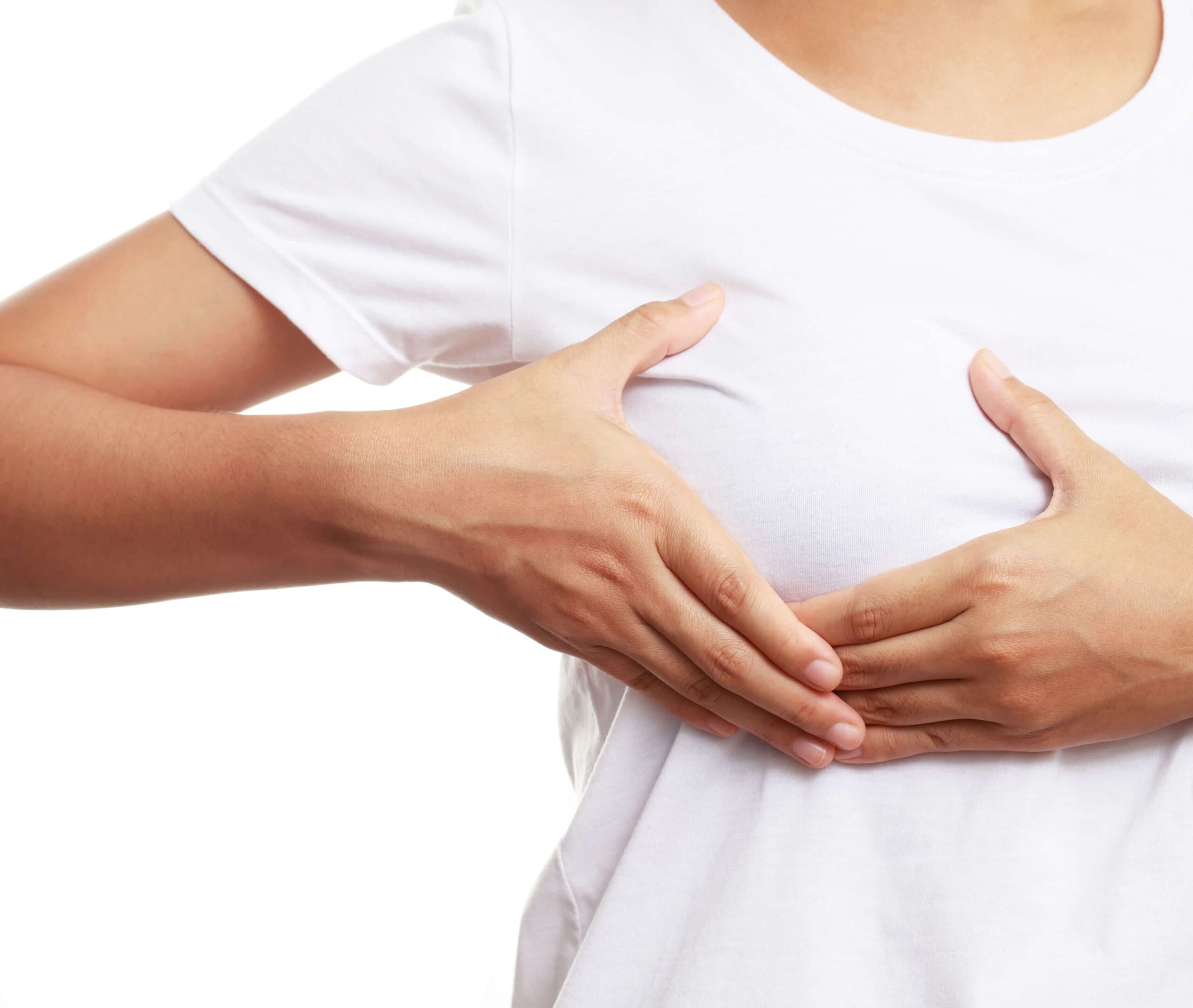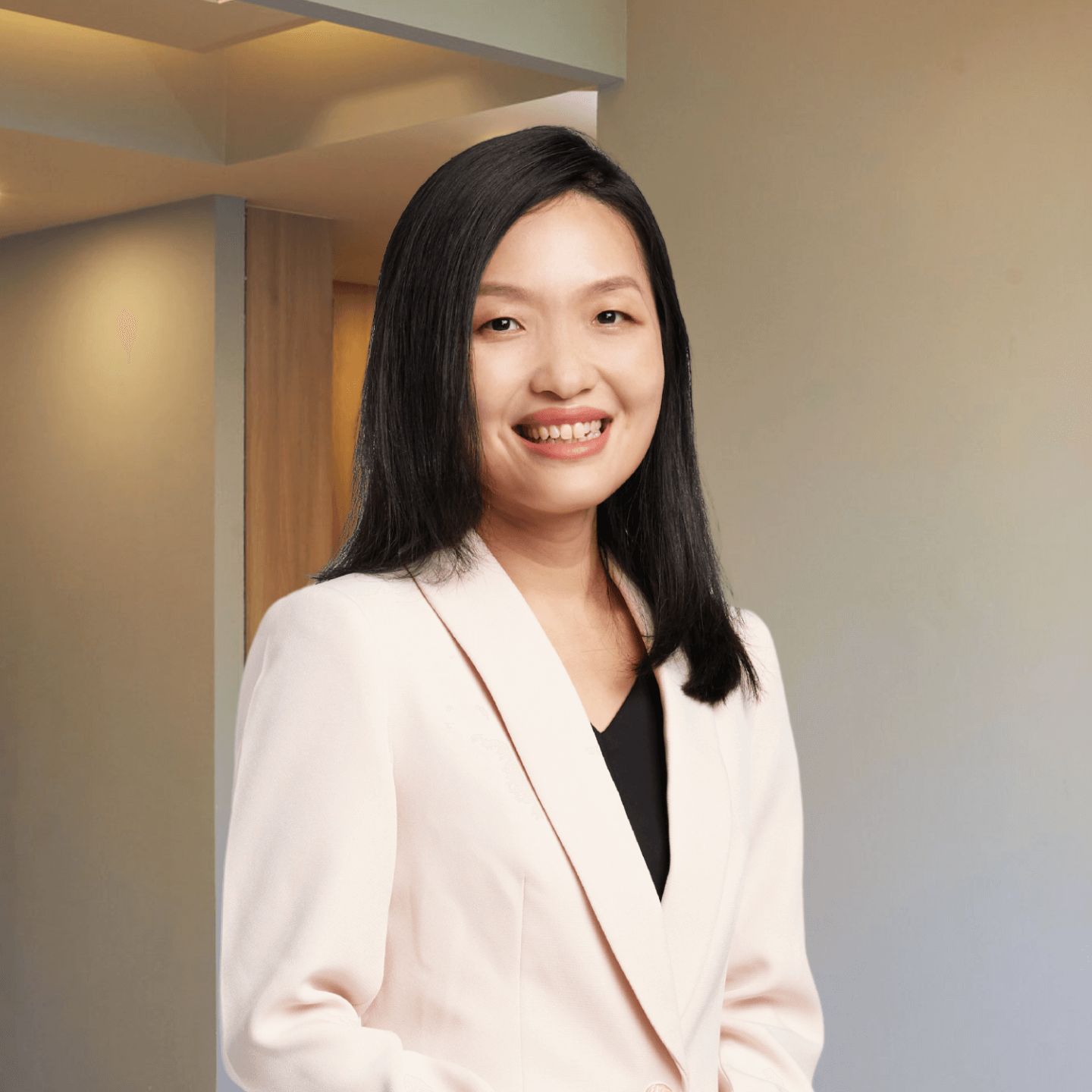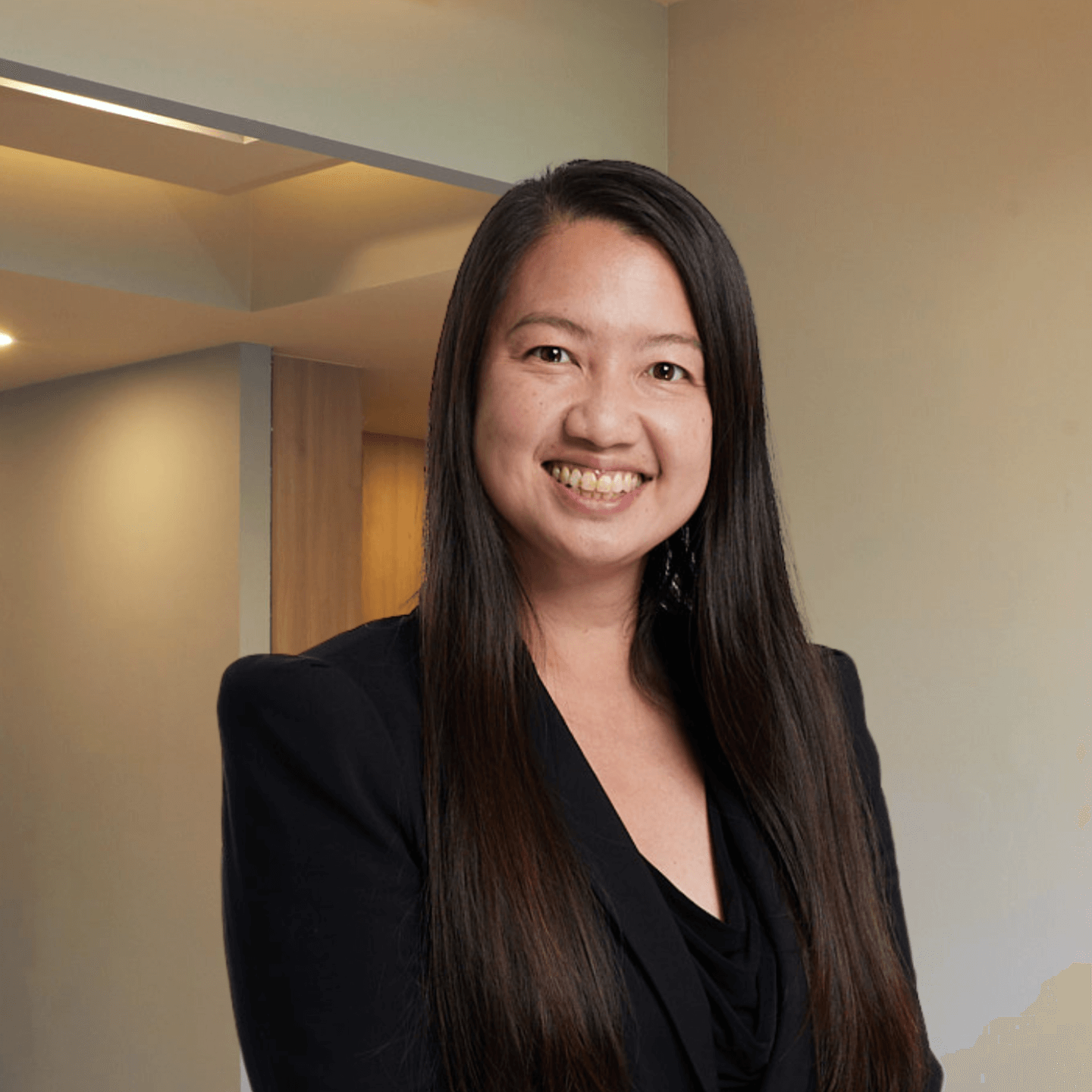Dr Jesse specialises in managing both benign and malignant breast and thyroid conditions, which also includes breast pain, breast lumps, breastfeeding problems, neck lumps, amongst others.
Her dual expertise in cancer removal and plastic surgery techniques expands the design of individualized treatments, leading to holistic patient outcomes.
Dr Jesse was part of the teaching faculties of both NUS Yong Loo Lin School of Medicine and Lee Kong Chian School of Medicine, where she teaches and mentors the next generation of medical students and trainee doctors.
- Surgical training at NUS School of Medicine
- FRCS (Fellow of the Royal College of Surgeons) Edinburgh, UK in 2014
- Completed 2 Health Manpower Development Program (HMDP) fellowships at Oxford University Hospital, UK in 2016
Dr Jesse is recognized as an authority in breast cancer and thyroid surgery and a sought-after conference speaker.




